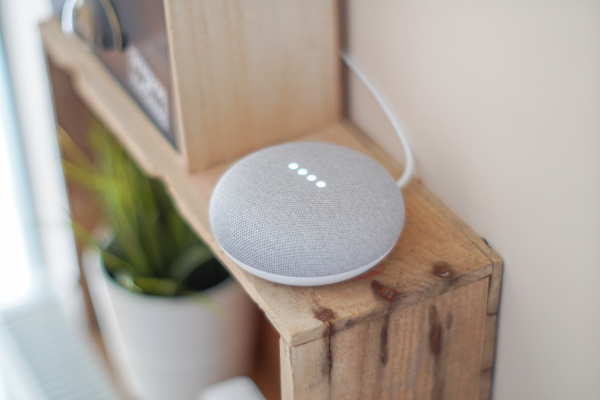Lawyers need to take precautionary steps to ensure listening devices like voice-activated assistants don’t violate client confidentiality duties.
With the use of digital voice-activated assistants growing, law practice advisors caution attorneys not to neglect ethical duties to keep client information confidential. In a recent Attorney at Work article offering a round of tech tips on risks for lawyers, two out of six experts focused on listening devices. As Catherine Reach at the NCBA Center for Practice Management highlights:
Amazon’s Alexa collects more data than any other smart assistant. Sure, you can download and delete what Alexa has recorded. Which you should do, before your private conversations are sent to someone else or mocked by Amazon employees. From baby monitors to your smart TV to Windows 10 Cortana, our internet-capable devices are listening.
What can you do? There are a few clear steps, as Catherine suggests: (1) Turn off the listening devices, as suggested in an August 2021 draft opinion from the State Bar of California’s Standing Committee on Professional Responsibility and Conduct. (2) Review and delete stored data. (3) Consider products like Paranoid Home Devices to block your smart speakers.
Risks aren’t limited to smart assistants per se — before disabling and deleting stored data, you need to understand what technology is listening to your conversations in the first place. This article on the NCBA CPM blog shares details and steps specific to various types of listening devices, including not just voice-activated assistants, but all smartphones, laptops, internet browsers, meeting software, and more.
Related:
Amazon Sidewalk – Why It’s Important for Lawyers to Opt Out (Law Practice Tips Blog, 2021)
Alexa, How Do I Protect My Organization’s Data From You? (Law Technology Today, 2021)




